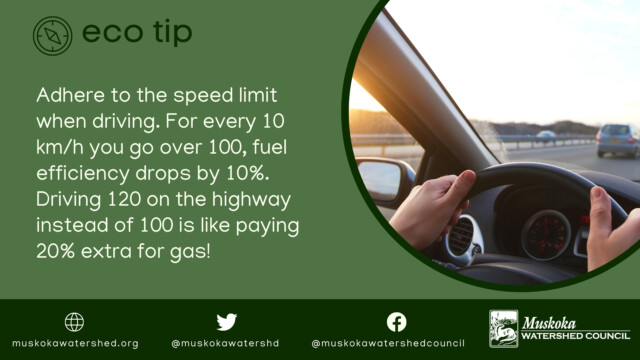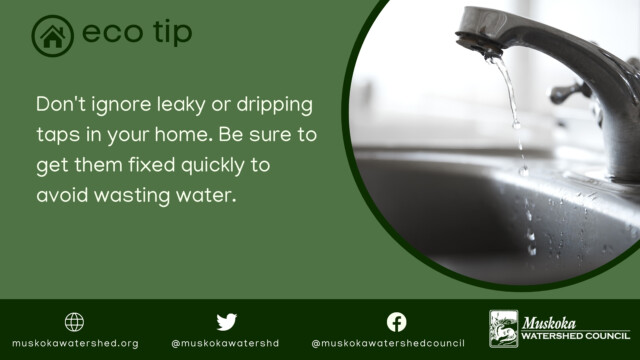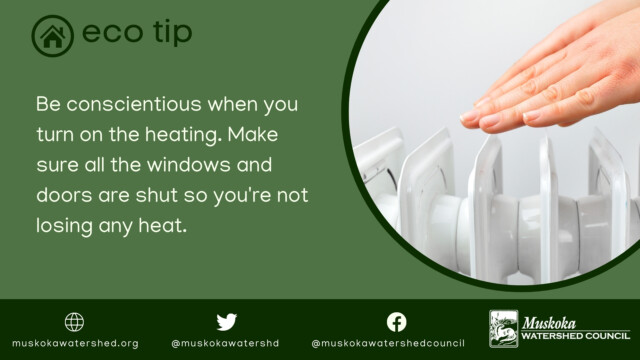
Be conscientious when you turn on the heating. Make sure all the windows and doors are shut so you’re not losing any heat.
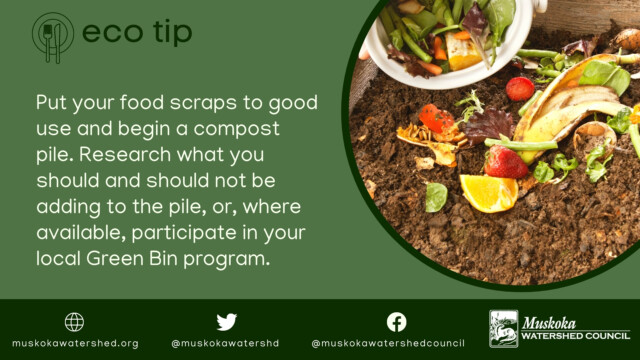
Put your food scraps to good use and begin a compost pile. Research what you should and should not be adding to the pile, or, where available, participate in your local Green Bin program.
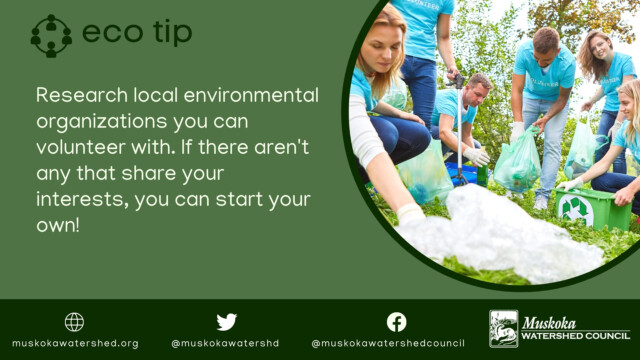
Research local environmental organizations you can volunteer with. If there aren’t any that share your interests, you can start your own!
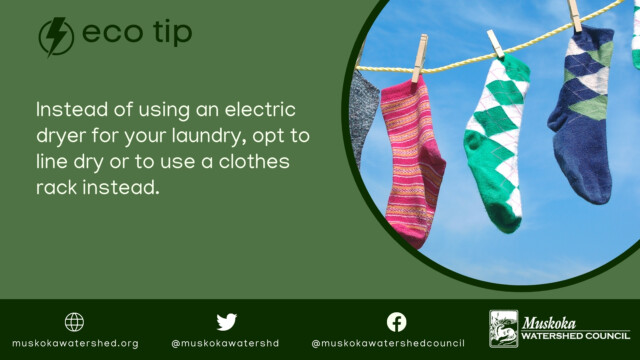
Instead of using an electric dryer for your laundry, opt to line dry or to use a clothes rack instead.
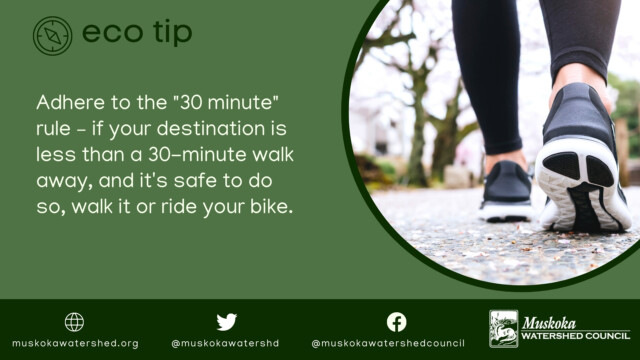
Adhere to the “30 minute” rule – if your destination is less than a 30-minute walk away, and it’s safe to do so, walk it or ride your bike.
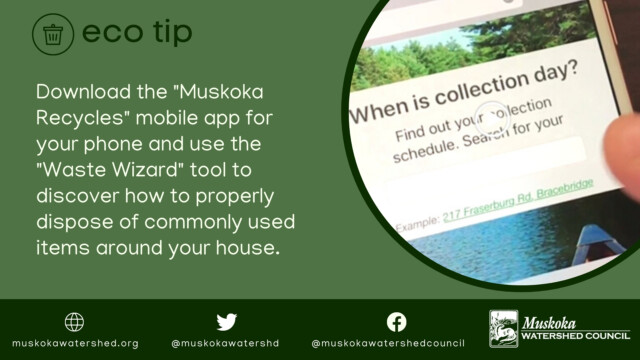
Download the “Muskoka Recycles” mobile app for your phone and use the “Waste Wizard” tool to discover how to properly dispose of commonly used items around your house.
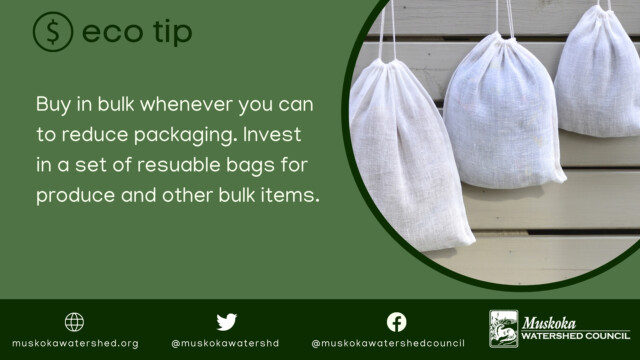
Buy in bulk whenever you can to reduce packaging. Invest in a set of resuable bags for produce and other bulk items.
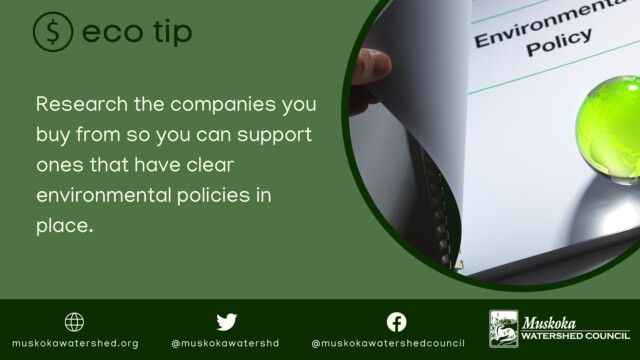
Research the companies you buy from so you can support ones that have clear environmental policies in place.
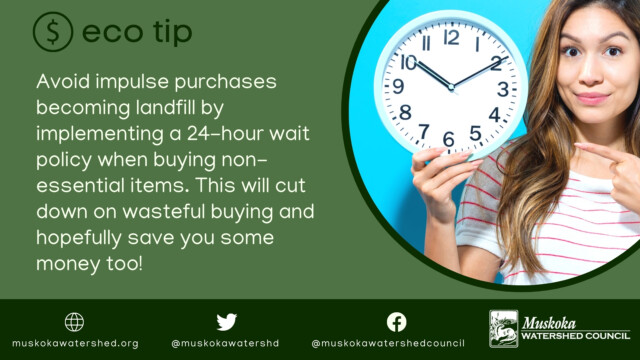
Avoid impulse purchases becoming landfill by implementing a 24-hour wait policy when buying non-essential items. This will cut down on wasteful buying and hopefully save you some money too!
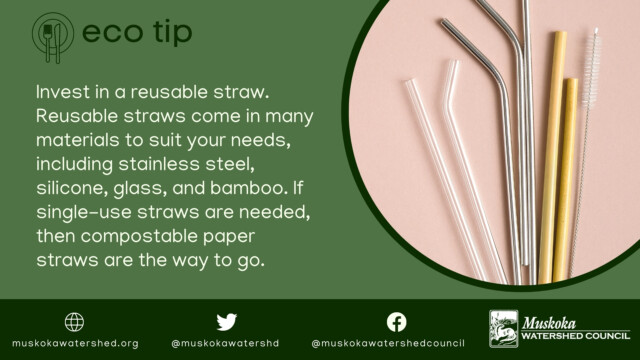
Invest in a reusable straw. Reusable straws come in many materials to suit your needs, including stainless steel, silicone, glass, and bamboo. If single-use straws are needed, then compostable paper straws are the way to go.
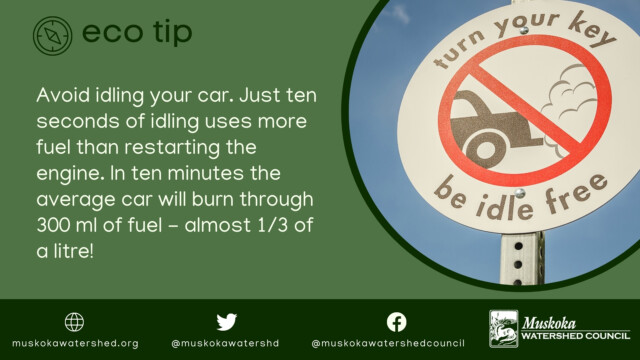
Avoid idling your car. Just ten seconds of idling uses more fuel than restarting the engine. In ten minutes the average car will burn through 300 ml of fuel – almost 1/3 of a litre!
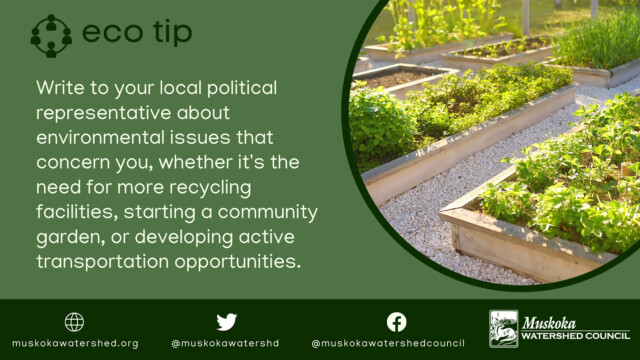
Write to your local political representative about environmental issues that concern you, whether it’s the need for more recycling facilities, starting a community garden, or developing active transportation opportunities.
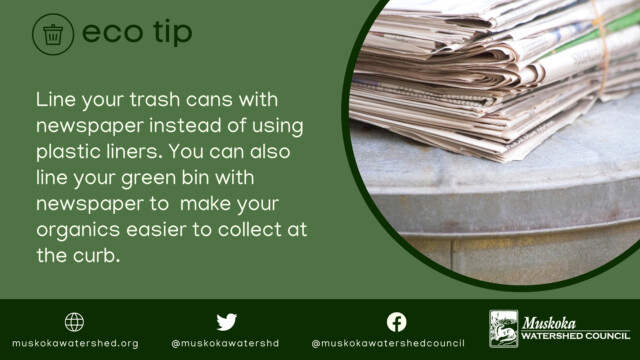
Line your trash cans with newspaper instead of using plastic liners. You can also line your green bin with newspaper to make your organics easier to collect at the curb.
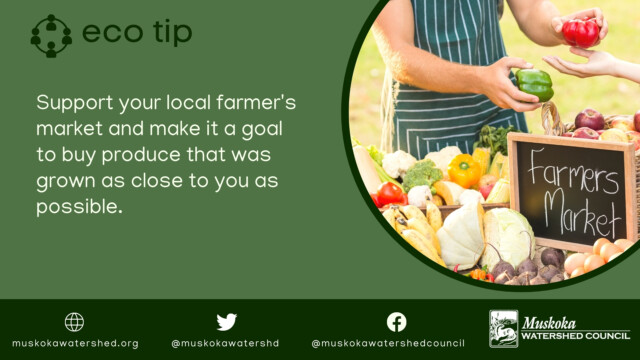
Support your local farmer’s market and make it a goal to buy produce that was grown as close to you as possible.

If you travel abroad, a lot of airline companies offer carbon offsetting programs where you can pay money to tree-planting initiatives as a way to neutralize your flight.
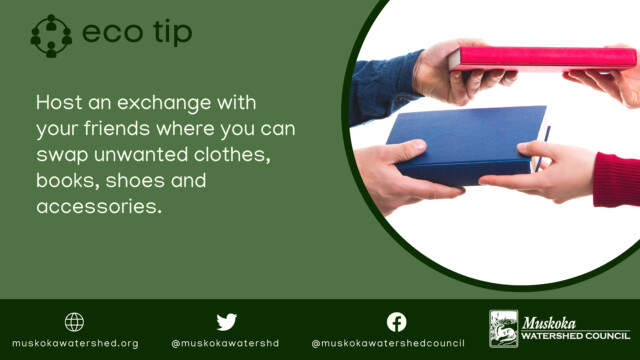
Host an exchange with your friends where you can swap unwanted clothes, books, shoes and accessories.
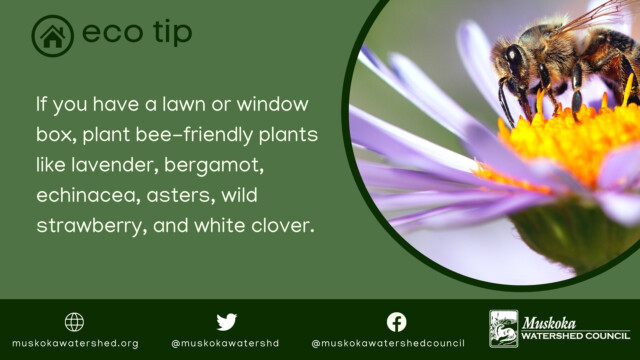
If you have a lawn or window box, plant bee-friendly plants like lavender, bergamot, echinacea, asters, wild strawberry, and white clover.
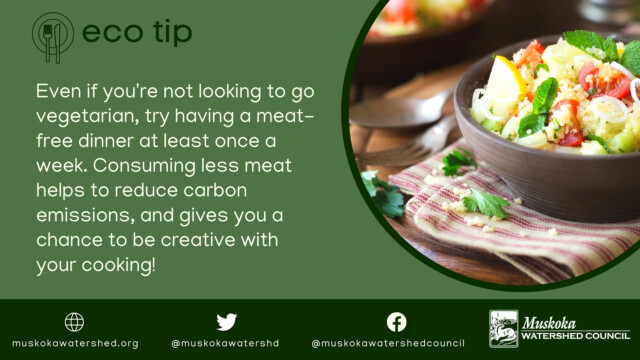
Even if you’re not looking to go vegetarian, try having a meat-free dinner at least once a week. Consuming less meat helps to reduce carbon emissions, and gives you a chance to be creative with your cooking!
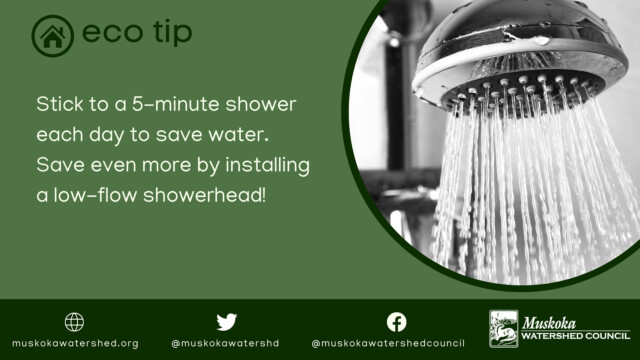
Stick to a 5-minute shower each day to save water. Save even more by installing a low-flow showerhead!
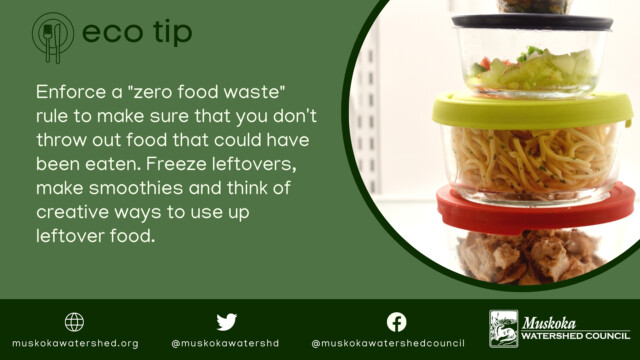
Enforce a “zero food waste” rule to make sure that you don’t throw out food that could have been eaten. Freeze leftovers, make smoothies and think of creative ways to use up leftover food.
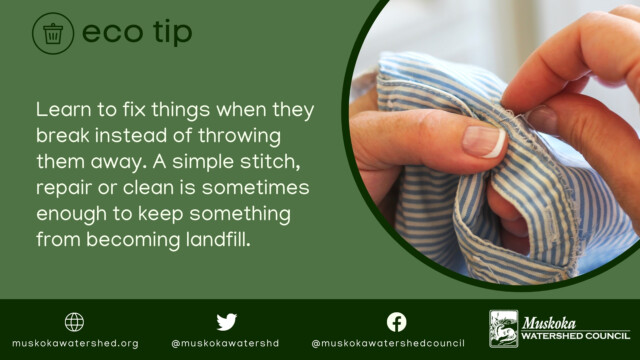
Learn to fix things when they break instead of throwing them away. A simple stitch, repair or clean is sometimes enough to keep something from becoming landfill.
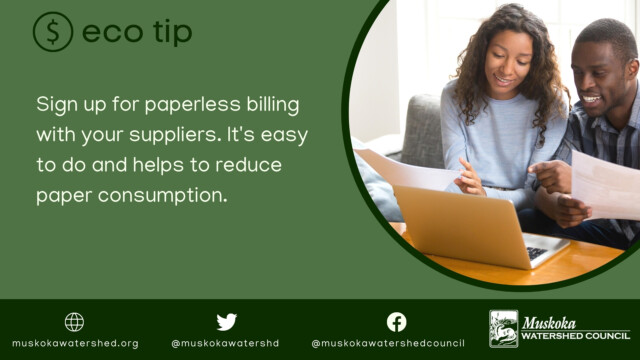
Sign up for paperless billing with your suppliers. It’s easy to do and helps to reduce paper consumption.
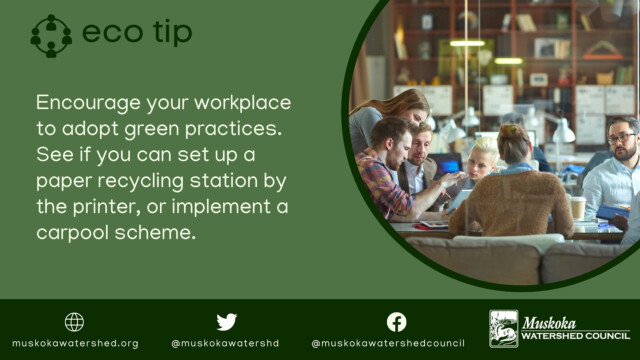
Encourage your workplace to adopt green practices. See if you can set up a paper recycling station by the printer, or implement a carpool scheme.
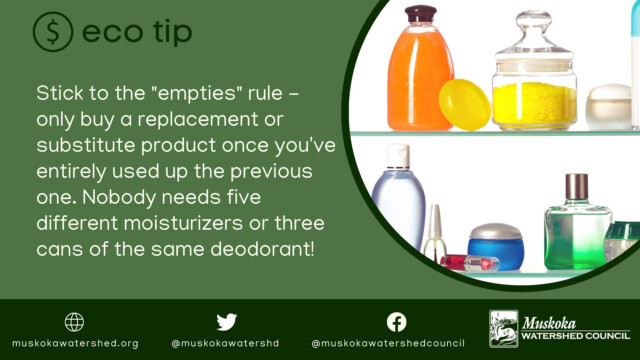
Stick to the “empties” rule – only buy a replacement or substitute product once you’ve entirely used up the previous one. Nobody needs five different moisturizers or three cans of the same deodorant!
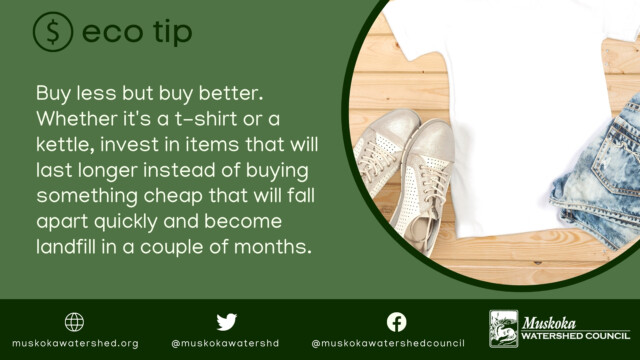
Buy less but buy better. Whether it’s a t-shirt or a kettle, invest in items that will last longer instead of buying something cheap that will fall apart quickly and become landfill in a couple of months.
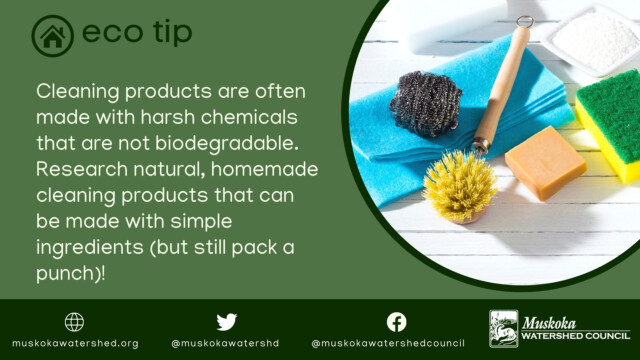
Cleaning products are often made with harsh chemicals that are not biodegradable. Research natural, homemade cleaning products that can be made with simple ingredients (but still pack a punch)!
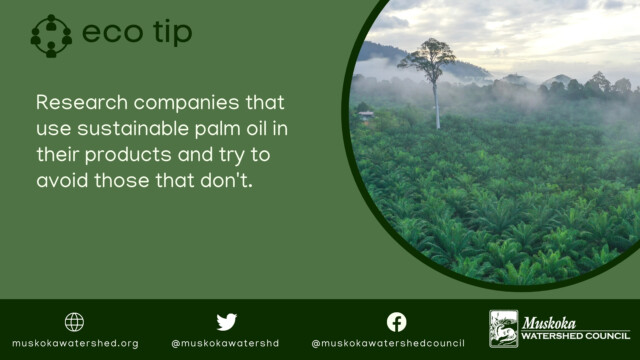
Research companies that use sustainable palm oil in their products and try to avoid those that don’t.
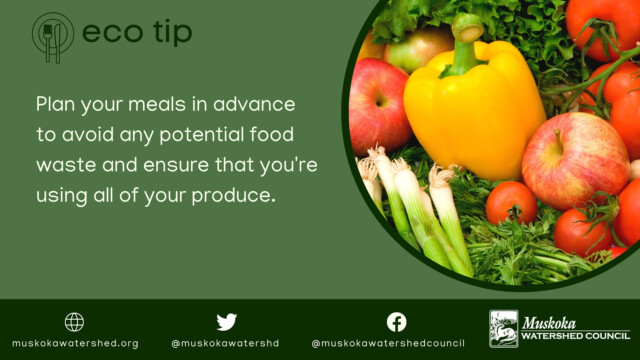
Plan your meals in advance to avoid any potential food waste and ensure that you’re using all of your produce.
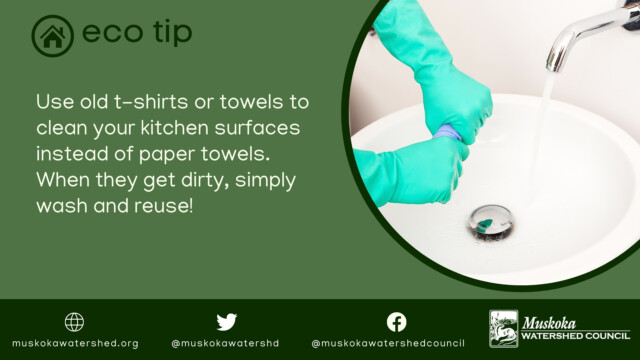
Use old t-shirts or towels to clean your kitchen surfaces instead of paper towels. When they get dirty, simply wash and reuse!
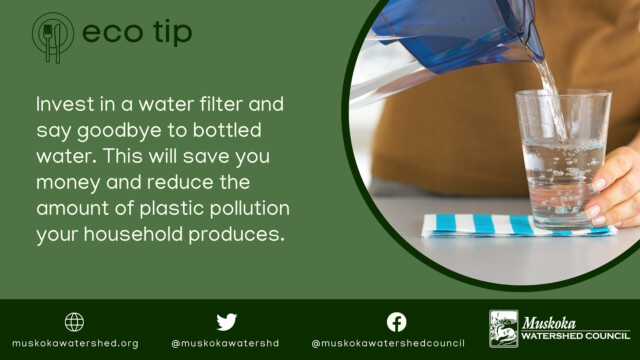
Invest in a water filter and say goodbye to bottled water. This will save you money and reduce the amount of plastic pollution your household produces.
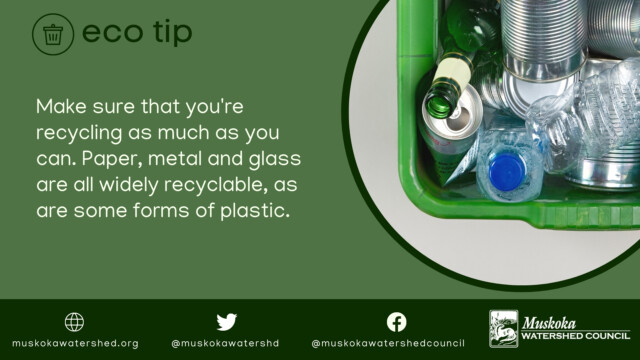
Make sure that you’re recycling as much as you can. Paper, metal and glass are all widely recyclable, as are some forms of plastic.
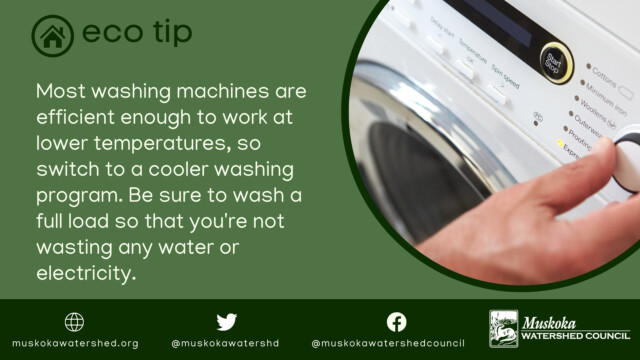
Most washing machines are efficient enough to work at lower temperatures, so switch to a cooler washing program. Be sure to wash a full load so that you’re not wasting any water or electricity.
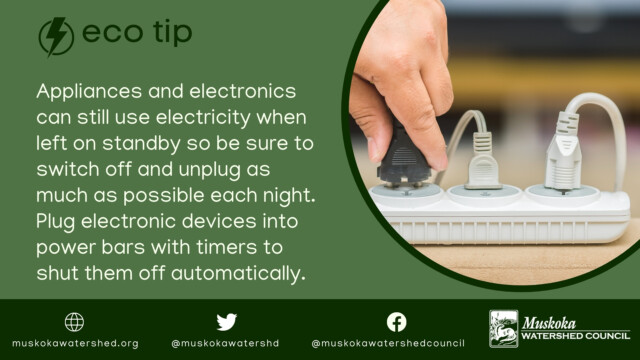
Appliances and electronics can still use electricity when left on standby so be sure to switch off and unplug as much as possible each night. Plug electronic devices into power bars with timers to shut them off automatically.
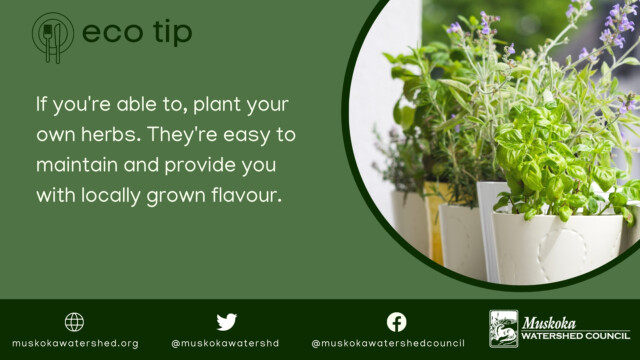
If you’re able to, plant your own herbs. They’re easy to maintain and provide you with locally grown flavour.
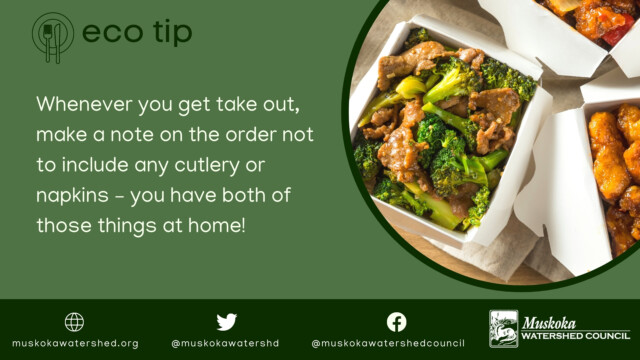
Whenever you get take out, make a note on the order not to include any cutlery or napkins – you have both of those things at home!
Prev
Next














